Pristine Organics Beginnings Organic Millet Muesli, 300g
₹245.0
- No artificial preservatives or additives
- Less groundwater pollution
- More nutrition
- Enhances Immunity
- Improves farm biodiversity
- Eco friendly
- Gluten-free
- Organic millet muesli is also available in 150gm
Weight: 300 Gram
- Description
- Additional information
- Reviews (0)
- Q & A
- Sustainability Remark
- More Offers
- Store Policies
- Inquiries
Start your day with the crunchy Beginnings organic millet muesli and enhance your breakfast into a healthy and delicious diet. Enjoy it with the traditional milk or try almond, soy milk, juice, or yoghurt. Loaded with essential nutrients, millet muesli enriches your diet. Made from rare and exotic millets, they are grown and processed organically and therefore free from fertilisers, chemicals, and additives. Beginnings millet muesli is rich in dietary fibre, gluten-free, and contains no added sugar. It takes just a few minutes to prepare and doubles as the nutritious go-to snack while keeping your calories in check. Make millet muesli a habit and enjoy the perfect balance of taste and nutrition every day.
The staple food of ancient India was millet, not rice. Millet is high in fibre, rich in essential amino acids, vitamins, and minerals, naturally gluten-free, alkaline, non-allergenic, and easily digestible. A low glycemic index makes them an ideal rice substitute, good for cholesterol, diabetes, and weight loss.
Millet contains a high amount of dietary fibre, which helps lower blood glucose levels and improve insulin response. Fibre also regulates the speed of digestion, helps the absorption of nutrients, and fills you up, so you don’t feel hungry so often. Since fibre helps clean the intestinal tract of toxins, it’s great for digestive disorders too.
Apart from these obvious benefits, these super grains are a great source of several vitamins and minerals, including phosphorus, important for energy production and storage, magnesium which enhances nutrient delivery and increases insulin sensitivity. Though every type has a different nutrient profile, most are high in protein, contain minerals such as calcium, iron, and zinc, and are rich in vitamin B6, niacin, and folic acid. Lignans in millet are thought to protect us against breast cancer and cardiovascular diseases.
| Nutrient | Per 100g |
|---|---|
| Energy | 411 kcal |
| Protein | 9.7 g |
| Carbohydrates | 74.9 g |
| Sugar | 0.0 g |
| Dietary Fibre | 12.7 g |
| Fat | 8.1 g |
Ingredients:
Organic Ragi Flour, Organic Foxtail Millet flour, Organic Little Millet flour, Organic Kodo Millet flour, Organic Jowar flour, Organic Bajra flour, Organic Cornflakes, Organic Raisins, Honey, Organic Almonds, Organic Pumpkin Seeds, Organic Sesame Seeds, Organic Watermelon seeds, Organic Sunflower seeds, Organic Proso Millet flour.
Directions for use:
Can be had with hot or cold milk, soya milk or almond milk.
Storage conditions:
Store in a cool and dry place. After opening the pack keep the contents in an airtight container.
Shelf life:
Best before 9 months from the date of manufacture
Allergen advice
Contains Nuts
| Weight | 300 kg |
|---|---|
| brands | Pristine Beginning |
You must be logged in to post a review.
Q & A
Organic cereals can be considered more sustainable than conventional cereals for several reasons:
Reduced use of pesticides and fertilizers: Organic farming avoids the use of synthetic pesticides and fertilizers, which can harm the environment and can also have negative impacts on human health. Instead, organic farming uses natural methods to control pests and fertilize the crops.
Soil conservation: Organic farming practices prioritize soil health, using techniques such as crop rotation, cover cropping, and composting to maintain and improve soil fertility and prevent erosion.
Water conservation: Organic farming can also help conserve water by promoting practices like drip irrigation and rainwater harvesting.
Reduced greenhouse gas emissions: Organic farming typically requires less energy and emits fewer greenhouse gases than conventional farming. This is because it avoids the use of synthetic fertilizers, which require a lot of energy to produce and transport.
Support for local communities: Organic farming often supports local communities, as it typically involves smaller-scale, independent farmers who sell their products directly to local markets.
However, it's important to note that organic farming is not a panacea for all sustainability issues. Organic farming can have lower yields than conventional farming, which can lead to increased land use and potentially higher greenhouse gas emissions if more land is needed to produce the same amount of food. Additionally, organic farming may not be accessible or feasible for all farmers, especially those in developing countries.
General Inquiries
There are no inquiries yet.

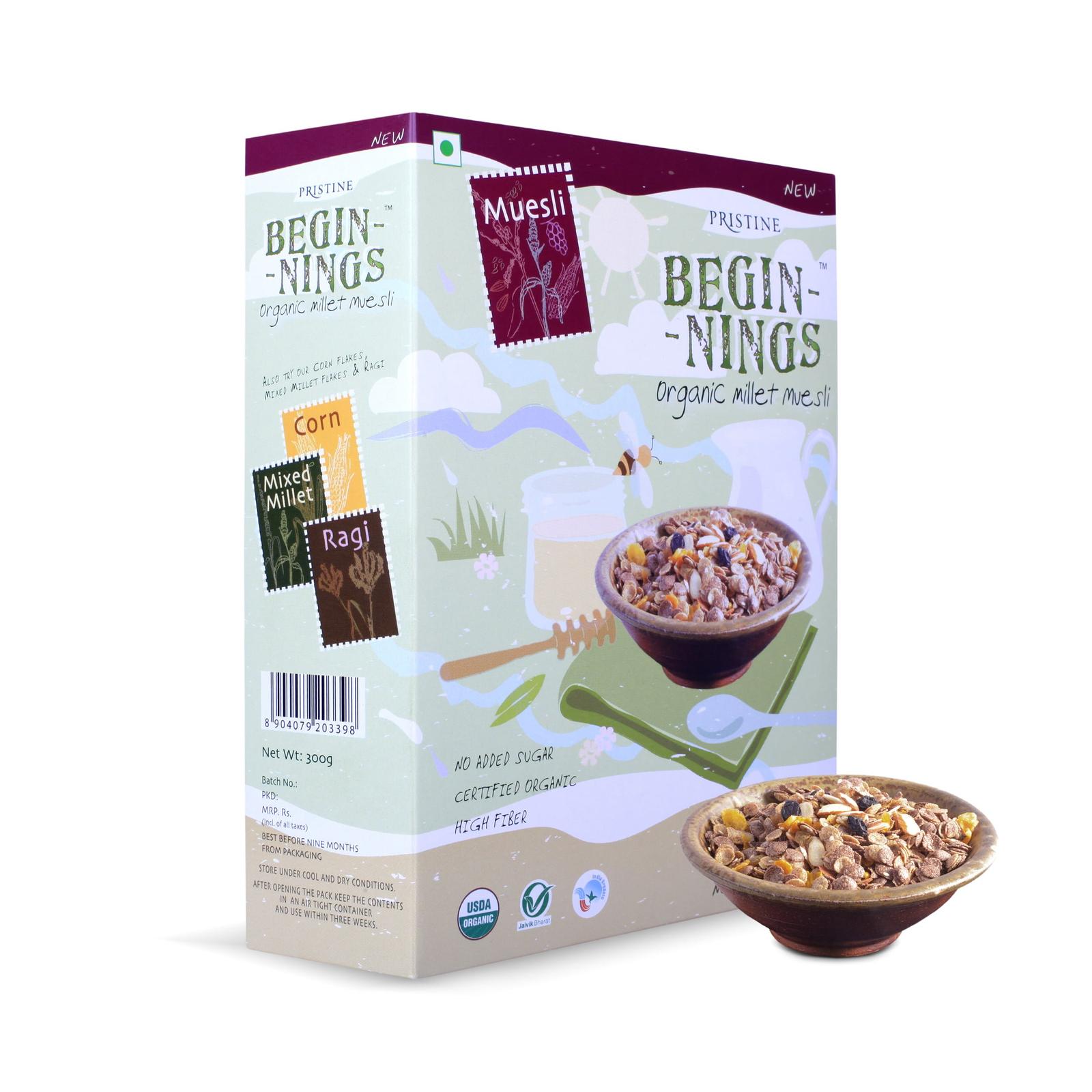
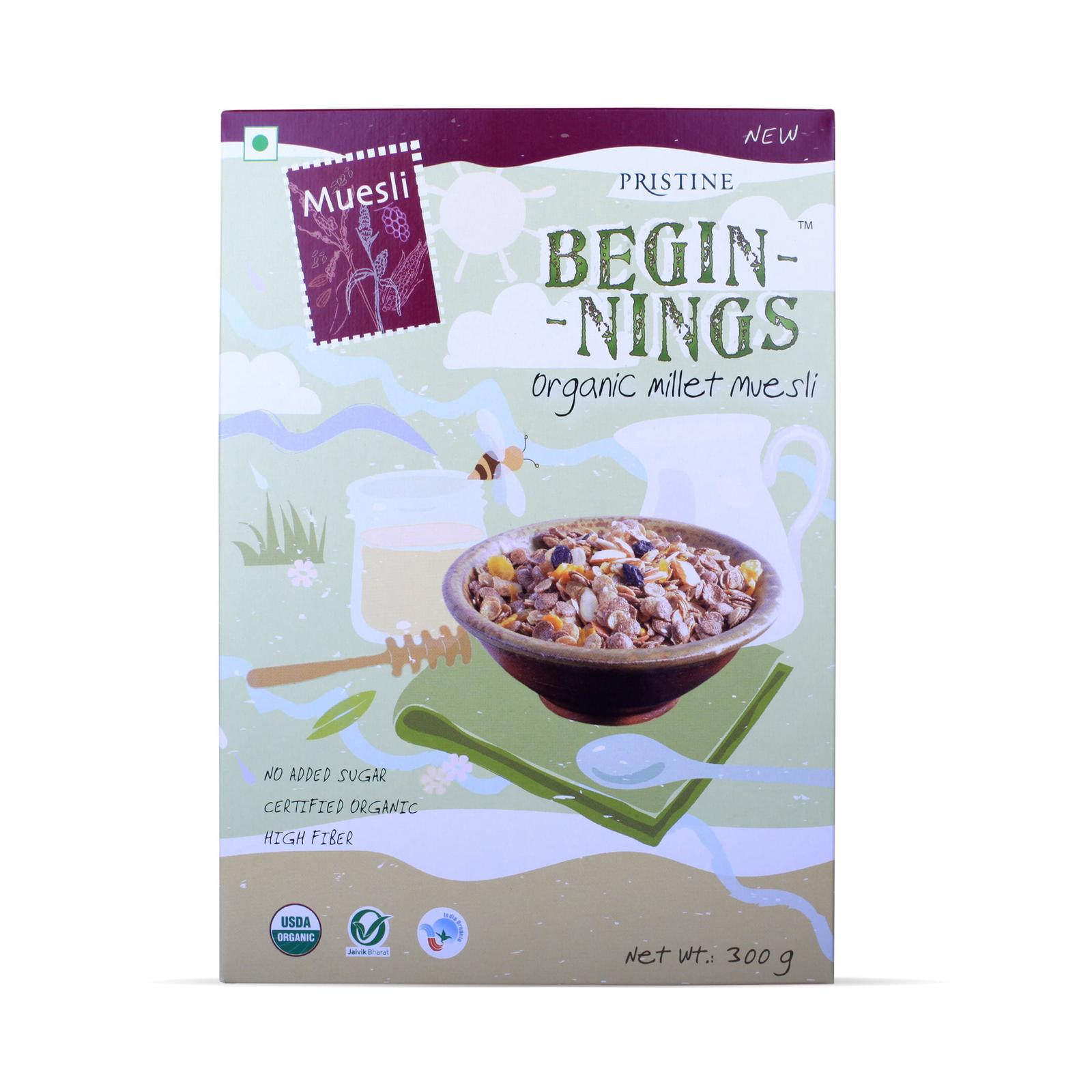

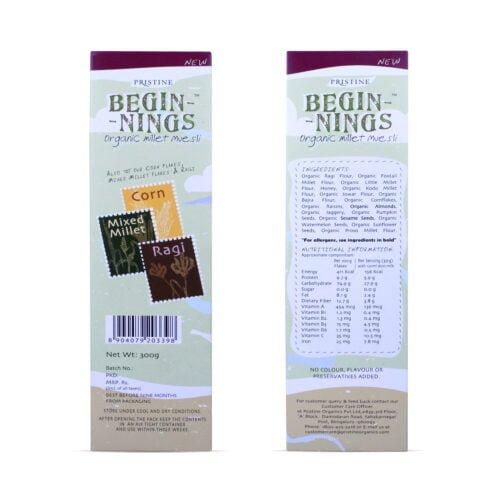
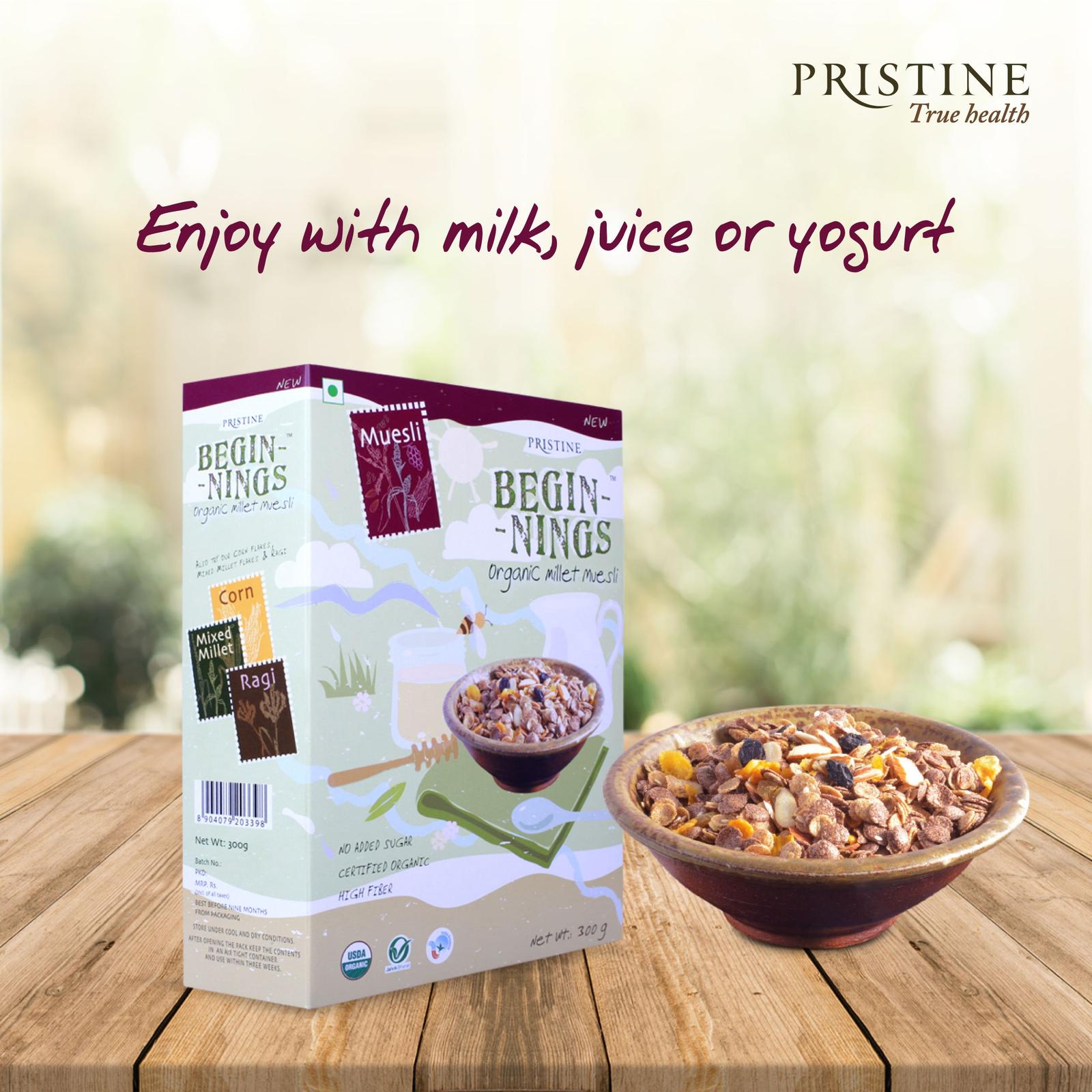
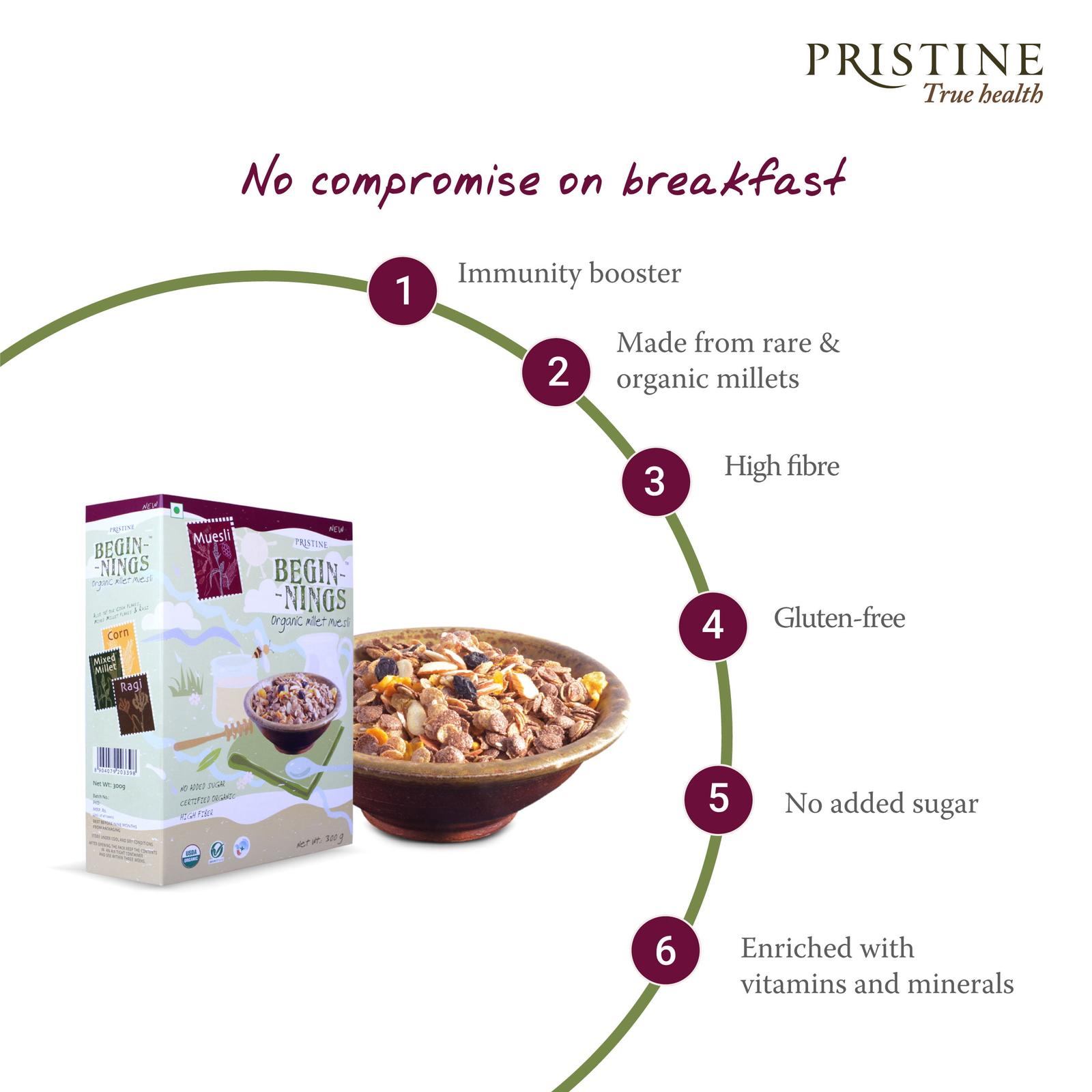
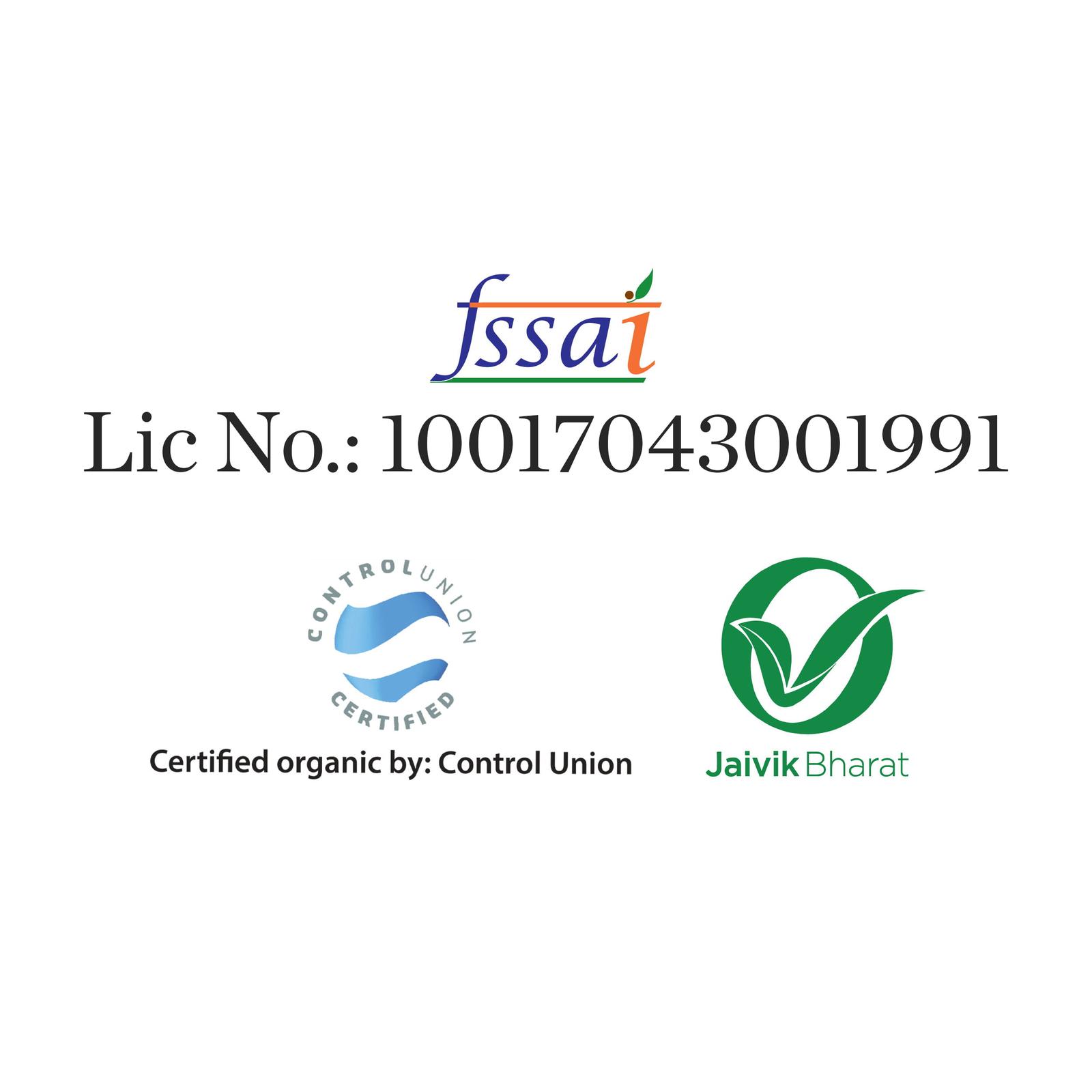















Reviews
There are no reviews yet.